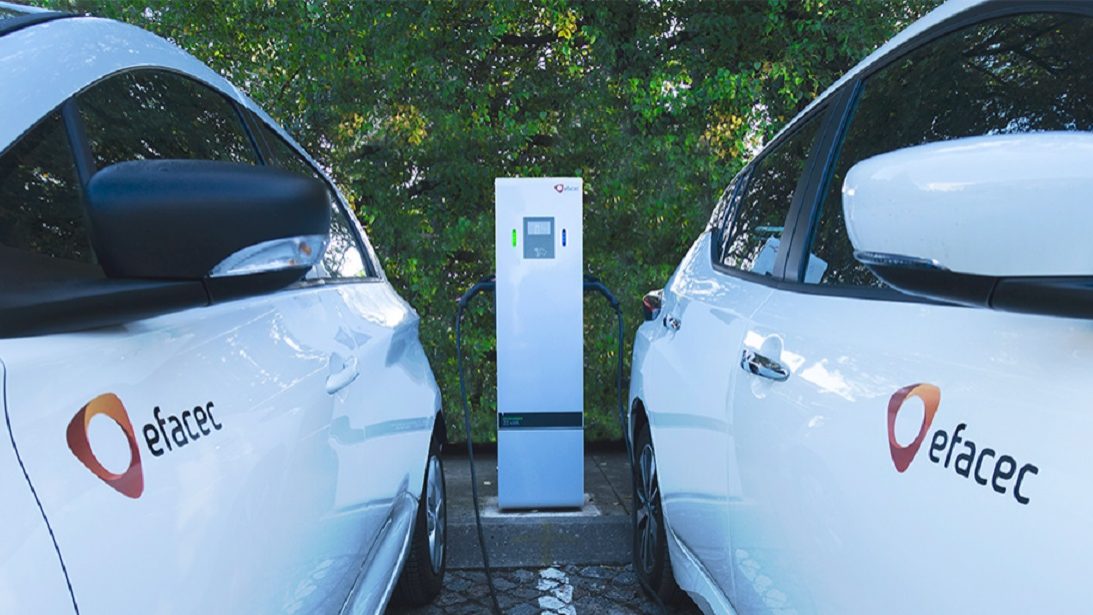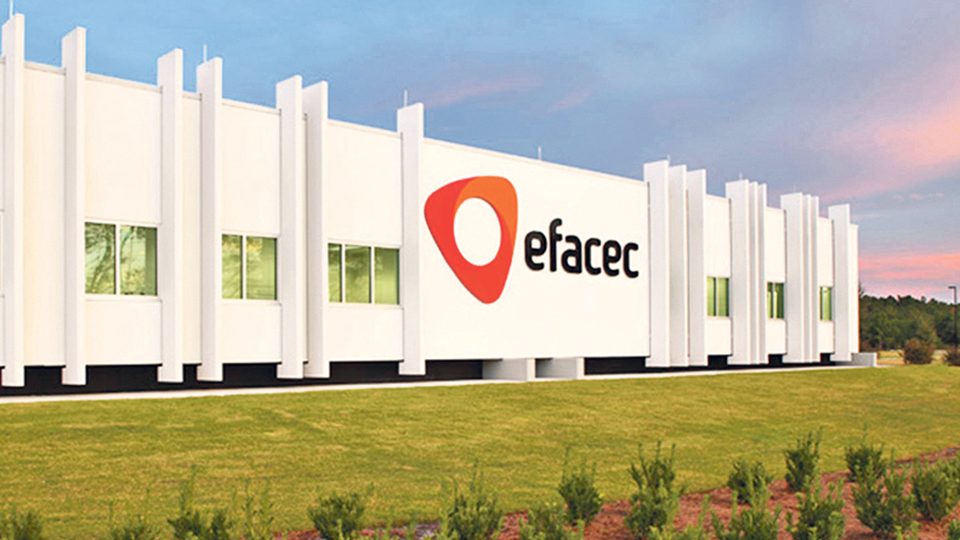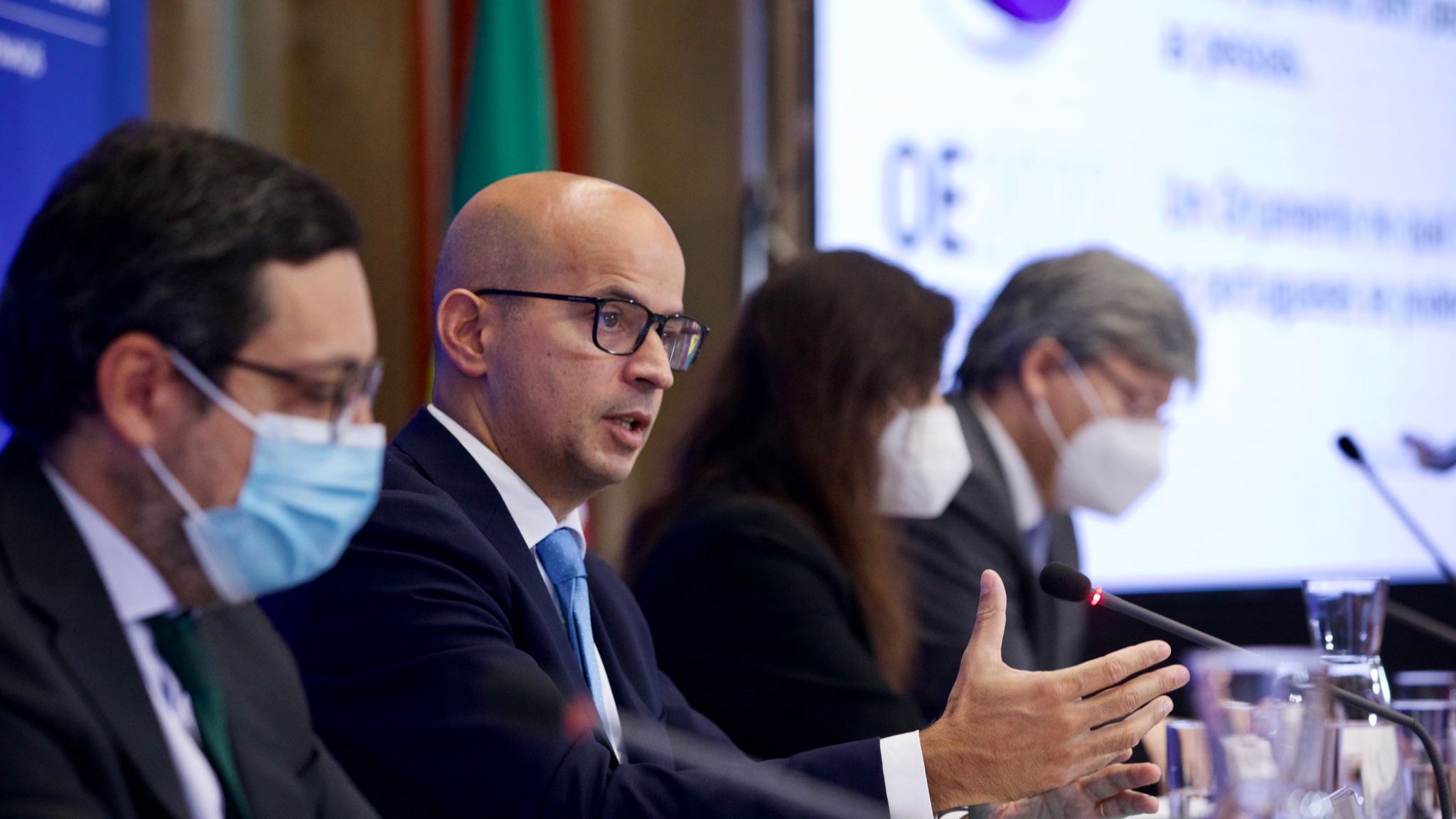Efacec’s sale could cost the state over €300 million
Negotiations are taking place in a kind of counter clockwork so that the DST's proposal can be considered in this Thursday’s Cabinet meeting.
How much will the “sale” of Efacec to DST cost the state? The calculations are not yet closed – and negotiations continue, led by the Ministry of Finances and involving the Banco de Fomento, which depends on the Ministry of Economy -, but according to the latest assessment by Haitong, the bank advising the operation, Parpública will undertake commitments of €232.5 million… only that this figure is already exceeded and at this moment a guarantee of €171 million is on the table to which will be added another €140 million of perpetual zero-rate loan from Banco de Fomento. So, at least 311 million.
The numbers are official and are contained in Haitong Bank documents that ECO had access to. The nationalisation of 71.73% of Efacec was justified by the fact that it is a strategic company with the expectation of many interested parties. Right at the beginning of the process, 47 potential candidates appeared, which turned into 27 letters of interest, but only 24 signed confidentiality agreements. Then, ten submitted non-binding offers, but only two companies, DST and Sodecia, submitted binding offers. The government opened a third phase, for the so-called Best and Final Offer (BAFO), and only DST came forward, so the group led by José Teixeira is negotiating alone, without competition.
The negotiations are taking place in a kind of counter clockwork so that the DST’s proposal can be examined in this Thursday’s Cabinet meeting. Parpública has already submitted to the Minister of Finance its opinion on the only offer that remains on the table and now it is up to João Leão to take that opinion to the Council of Ministers so that a decision can be taken on the re-privatisation or not of the company. The pressure had been on since last week, but in the end, it was not possible to take the issue to the ministers’ table.
Efacec’s accounts showed a growing degradation in 2021 compared to the figures presented to potential buyers. Net debt (net/debt) will reach €210 million, which is clearly higher than the figure projected when the reprivatisation process began, which was €104 million. The disparity in Efacec’s accounts projected for 2021 compared with the initially forecasted figures is relevant. The company’s EBITDA will be negative €23.6 million when the projection pointed to positive €22.9 million, while turnover will be €238 million, €84 million less than previously forecast. Haitong also warns that “throughout the process”, Efacec’s projections “never materialised, always proving to be optimistic and unreliable”.
Against this background, what does DST offer? It offers €1 for 71.73% of the capital and commits to capitalising the company to an amount of 80 million, but the Government requires that this capital stay in the company for at least three years, a condition that has not yet been accepted. And what does it demand? A guarantee of €171 million for various risks such as litigation, compensation, a capitalisation of €62 million to be carried out prior to the signing of the sale agreement, as well as a long-term refinancing line from Banco de Fomento worth €80 million. However, these values are already outdated.
The value of contingent liabilities, set at €171 million, will be stabilised, but the recapitalisation and the credit line will not. Haitong itself warns, in its analysis, that those €62 million could be insufficient by June 2022, the probable date of the closing of the operation. On the other hand, DST considers Efacec is only viable with a debt of €90 million, a figure that Haitong believes is realistic, considering the results of the last years before the pandemic. However, this depends on ‘quasi-capital’ instruments from Banco de Fomento, amounting to €140 million and not the initial 80 million.
Haitong also points out that, without the €80 million mentioned, “the amount of pre-closure capitalization to be supported by Parpública would increase from the projected 62 million to a value of approximately 140 million). But whatever the amount of the refinancing line of the loan may be, the bank advising on the operation warns that Banco de Fomento has no legal framework for a loan “with a guaranteed maturity of over ten years”.
DST also requires the state to assume the commitment to pay up to €8.2 million of Efacec restructuring costs, an amount that the management itself considers higher than what will be effectively necessary.
In addition to the financial requirements, DST also requires the approval of the Competition Authority, the European Commission in the context of state aid, the Portuguese Environment Agency and Parpública to obtain prior consent or a declaration of conformity from the Court of Auditors in order to close the deal with Efacec.


